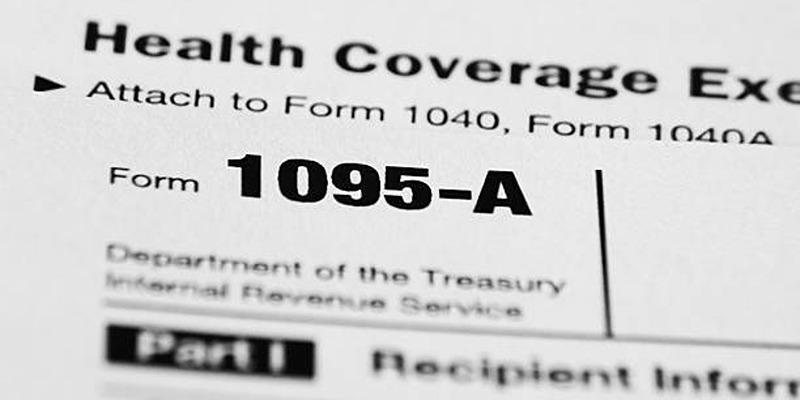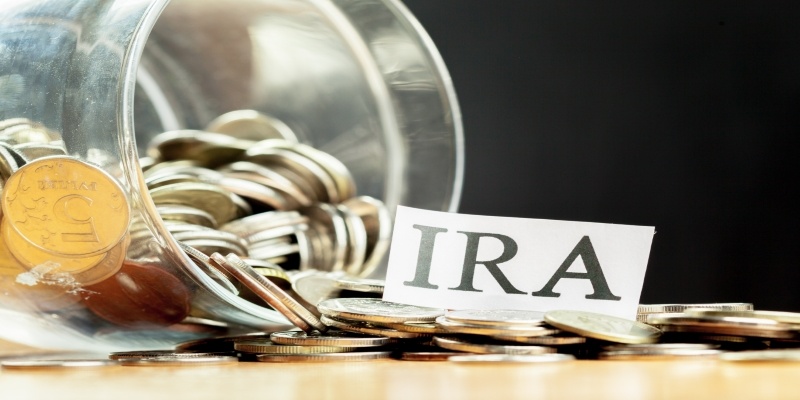Selling your primary home can involve a big financial deal. It's important to comprehend the effects of capital gains tax and how you could profit from exclusions given by tax regulations. Through this article, you will learn the rules regarding capital gains tax exclusion. This knowledge will assist you when it comes to handling the procedure and getting maximum benefits in terms of taxes.
Determining Your Primary Residence
To understand capital gains tax exclusions better, first, we need to clarify what is meant by your primary residence. The Internal Revenue Service (IRS) defines it as the property where you live for most of the year. Factors like voter registration, mailing address, and utility bills that show where you are residing can help determine your primary residence.

Deciding on your main home is not always easy, especially if you own many properties or move around a lot. The IRS looks at more things than just where you are physically present. They consider other aspects like where your family does most of their activities and what address is used for tax returns. Also, people who are away from their main home often due to work or other reasons must note down how much time they spend in each place to not create confusion.
- State residency rules: Some states have their criteria for determining residency, which may differ from federal guidelines.
- Tax implications: Your primary residence can affect your state income tax obligations, so understanding residency rules is essential for tax planning purposes.
Understanding Capital Gains Tax
A capital gains tax is a type of tax that you must pay on the money gained from selling assets, like real estate. If your main living place is sold it makes a profit, meaning the amount received for selling is higher than what was paid originally. This can be subject to capital gains tax. There exist exemptions that one can use to decrease or even remove this taxation load.
Rates of tax on capital gains can be different according to how long you have owned the asset and your income level. In general, rates for short-term capital gains are higher than those for long-term ones. This knowledge might assist you in improving your tax strategy when selling a home that is your main residence.
- Long-term vs. short-term gains: Holding onto your property for longer periods can result in lower capital gains tax rates.
- Tax-loss harvesting: If you have investments with capital losses, you can use them to offset capital gains, potentially reducing your overall tax liability.
The Capital Gains Tax Exclusion
A big advantage for people who own homes is the exemption from capital gains tax when they sell their main residence. Under present tax rules, individuals can exclude a maximum of $250,000 in capital gains from selling their primary residence. For married pairs who file taxes jointly, this exclusion increases to $500k.
The capital gains tax exclusion is an important benefit that can help many homeowners decrease or even remove their tax liability. If you know the conditions for qualification and plan properly, this tax advantage could be very beneficial when you sell your main home.
- Marital status: Married couples filing jointly can benefit from a higher exclusion limit, potentially saving thousands of dollars in taxes.
- Previous use of exclusion: If you've claimed the exclusion on a previous home sale within the past two years, you may be subject to additional restrictions or reduced benefits.
Eligibility Criteria
To be able to use the capital gains tax exclusion, you need to fulfill certain requirements of eligibility. At first, you should have owned the property for a minimum of two years out of five years before selling it. Second condition is that the house must have been your main home for at least two years in the last five-year period.

To claim the capital gains tax exclusion, it's very important to fulfill the eligibility conditions. Keep detailed records of your status as a homeowner and resident to make sure you follow IRS rules correctly. Not meeting these requirements might lead to losing beneficial tax advantages when selling your main home.
- Ownership duration: Make sure you've owned the property for at least two years before selling to qualify for the exclusion.
- Residency requirements: Your primary residence must have been your main living space for at least two of the past five years, so maintaining accurate records of your time spent at the property is crucial.
Exceptions to the Rule
Even though the two-out-of-five-year rule is common, there are some exceptions. If you're selling because of a change in work, health issues, or unexpected events, you might still be eligible for prorated exclusion. The IRS has special instructions for these cases so it's important to talk with tax experts about your situation.
Knowing the exceptions to the capital gains tax exclusion rule can give you more options when selling your main house. If you are moving due to work, have health problems or something unexpected happens in life - this knowledge may assist in reducing taxes and increasing financial benefits from selling property.
- Prorated exclusion: Even if you don't meet the standard eligibility criteria, you may still qualify for a partial exclusion based on specific circumstances.
- Documentation: Keep thorough records of the reasons for selling your home and any supporting documentation to substantiate your claim for an exception to the rule.
Maximizing Tax Benefits
For the best tax results, it's smart to plan carefully when you sell your main house. If you time the sale so that it fits with the rules for excluding capital gains tax, this can save many thousands of dollars in taxes. Also, if you keep good records about improvements and costs to maintain your home, these details may help lessen any increase in capital gain.
Planning strategically has a big impact on how much tax you need to pay when selling your main home. If you sell at the right time and keep careful records of expenses, it's possible to reduce what is owed in taxes and keep more money earned from selling property.
- Home improvements: Document all improvements made to your property, as these expenses can be used to increase your cost basis and reduce capital gains.
- Tax implications of timing: Consider the timing of your sale concerning other income and deductions to optimize your overall tax strategy.
Seeking Professional Advice
Dealing with capital gains tax and its exclusions can be difficult to handle. It's good to get advice from tax professionals or financial advisors. They will give you special suggestions according to your situation, making sure that you make well-thought-out choices and achieve the best possible tax benefits.
Advice from people skilled in taxes and finance, like tax professionals or financial advisors, can be useful for understanding the complexities of capital gains tax and exclusions. They can help to assess your financial standing and offer suggestions on efficient methods for managing taxes. This guidance they provide could play a considerable part in shaping your overall planning for taxation.
- Individualized advice: Tax professionals and financial advisors can tailor their recommendations to your specific financial goals and circumstances.
- Updates on tax laws: Tax professionals stay abreast of changes in tax legislation, ensuring that you're aware of any updates that may affect your tax planning strategies.
Conclusion
When you sell your primary home, it can cause capital gains tax to be applied to the profit made from that sale. However, certain exclusions might decrease or remove this tax responsibility significantly. By knowing the rules and qualifications, you can plan to sell your house in a way that gives you the highest benefits from taxes. Remember to talk with professionals to make sure everything follows tax laws correctly and use all available exemptions well.

Unveiling the Essentials of Comprehensive Car Insurance

USDA Home Loans: Everything You Need to Know

The Ultimate Guide to 529 Plan Withdrawals for Private Schooling

Debit Cards for Kids: A Financial Rite of Passage?

Understanding Form 1095-A: A Comprehensive Guide

Chapter 13 Bankruptcy Explained: A Comprehensive Guide

What Is Expected Value (EV)?

Western Union: Everything You Need to Know for Smooth Transactions

Guide to Penalty-Free Early Withdrawals from Your IRA

How YouTube Makes Money Off Videos

Summer Camp Rules And Regulations
